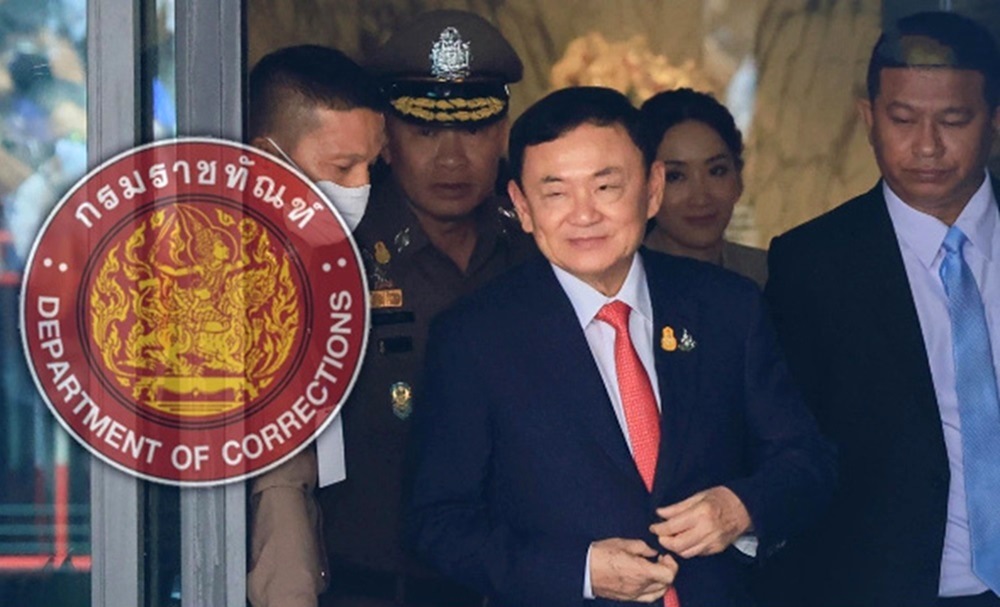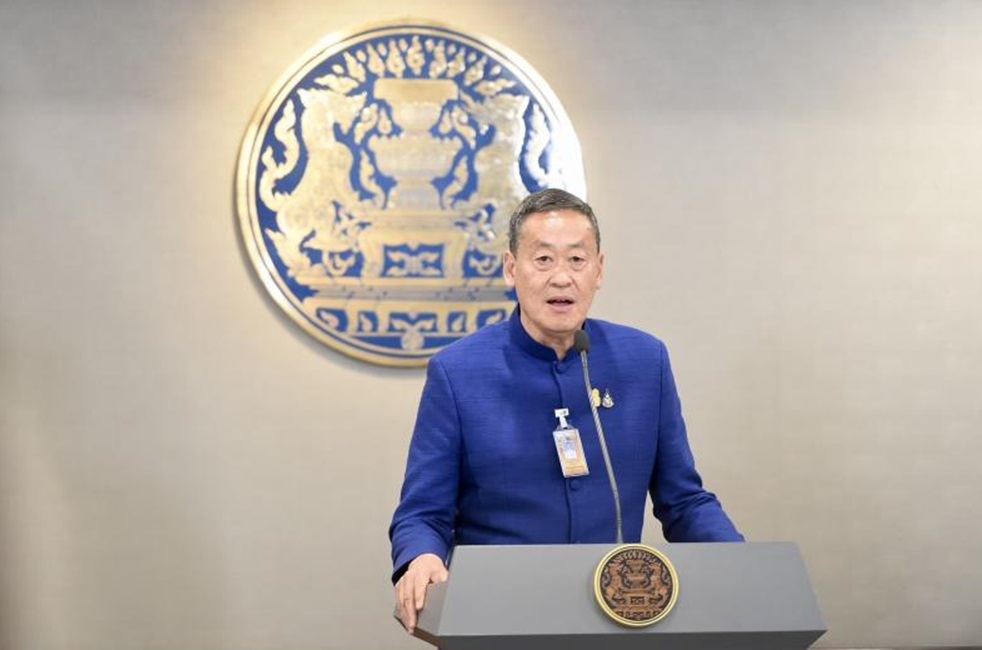Thaksin Shinawatra, Thailand’s former Prime Minister, has been granted parole after six months in the Police Hospital in Bangkok. Thaksin, 74, the patriarch of the Pheu Thai party, who returned to Thailand from self-exile in September, was sentenced to eight years in prison on corruption charges.
Thailand’s King Vajiralongkorn reduced Thaksin’s sentence to one year about ten days after his arrest in August.
Justice Minister Tawee Sodsong told reporters yesterday that the parole committee at the Department of Corrections has accepted a list of 930 convicts, including Thaksin’s name.
Ayuth Sintoppant, the department’s director-general, presented the list, according to Tawee. Thaksin was condemned and imprisoned on the same day in August that he returned from years of exile.
“In Mr Thaksin’s case, he will be released automatically after six months,” Tawee informed reporters, without indicating when that would be. “In the complete list, Thaksin’s name is included because he falls into the category of being seriously ill, disabled or over the age of 70.”
On Tuesday, Prime Minister Srettha Thavisin defended the decision to grant Thaksin parole, who led Thailand’s government from 2001 to 2006 before being deposed in a military coup. He fled the country, was convicted in absentia, and returned to Thailand on August 22.
“Thaksin Shinawatra was prime minister for several years and contributed significantly to the country’s development. “What happened in the past is in the past,” Srettha stated on Tuesday.
Critics have already accused Srettha’s government of providing Thaksin, a divisive figure in Thai politics, preferential treatment over most convicts by allowing him to stay in a VIP ward at the Police Hospital.
He has been receiving treatment there for unspecified health issues since being admitted after complaining of insomnia, chest pain, high blood pressure, and low oxygen during his first night in prison.
Corrections officials stated last month that they would let the former Prime Minister to remain in the hospital for an extended period of time “due to health conditions that require close medical attention.”
Section 52 of the Department of Corrections statute governs the pardon process, requiring inmates to have served at least six months of their sentences or one-third of their term, whichever is longer, before being considered for parole.
The remaining two-thirds of the sentence may not exceed ten years.
“He went through the legal procedure, and we followed the law. Thaksin returned and completed his sentence, completing all of the requirements,” Srettha told reporters on Tuesday.
After returning to Thailand on an executive aircraft on August 22, Thaksin was sentenced to eight years in prison for three crimes related to his time as prime minister, including abuse of power.
On September 1, a day after Thaksin Shinawatra petitioned for a royal pardon from his hospital bed, the king signed a proclamation that reduced his sentence by seven years.
Thaksin Shinawatra’s daughter and head of the ruling Pheu Thai Party, Paetongtarn Shinawatra, expressed her relief at the development.
“This is good news,” she said. “We had previously discussed having a doctor evaluate his health after he was discharged. “He is preparing to stay at home.”
She described the process as legitimate.
“More than one agency reviews parole requirements. Thaksin isn’t the only one who qualified; he went through the same process as everyone else,” she explained.
Pichit Chaimongkol, a leader of the Students and People’s Network for Thailand Reform, claimed Thaksin was not being punished appropriately and questioned the parole procedure.
“Thaksin is a convicted criminal who should be serving his full sentence in prison,” Pichit told BenarNews. “His release on parole is a clear sign that the Thai justice system is broken.”








